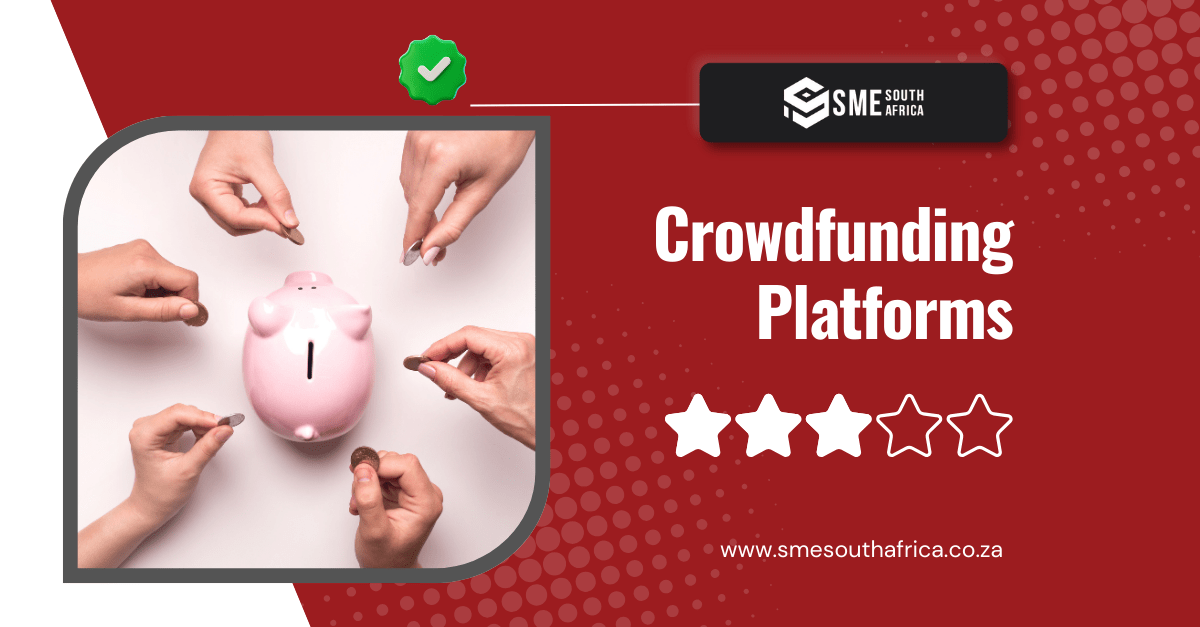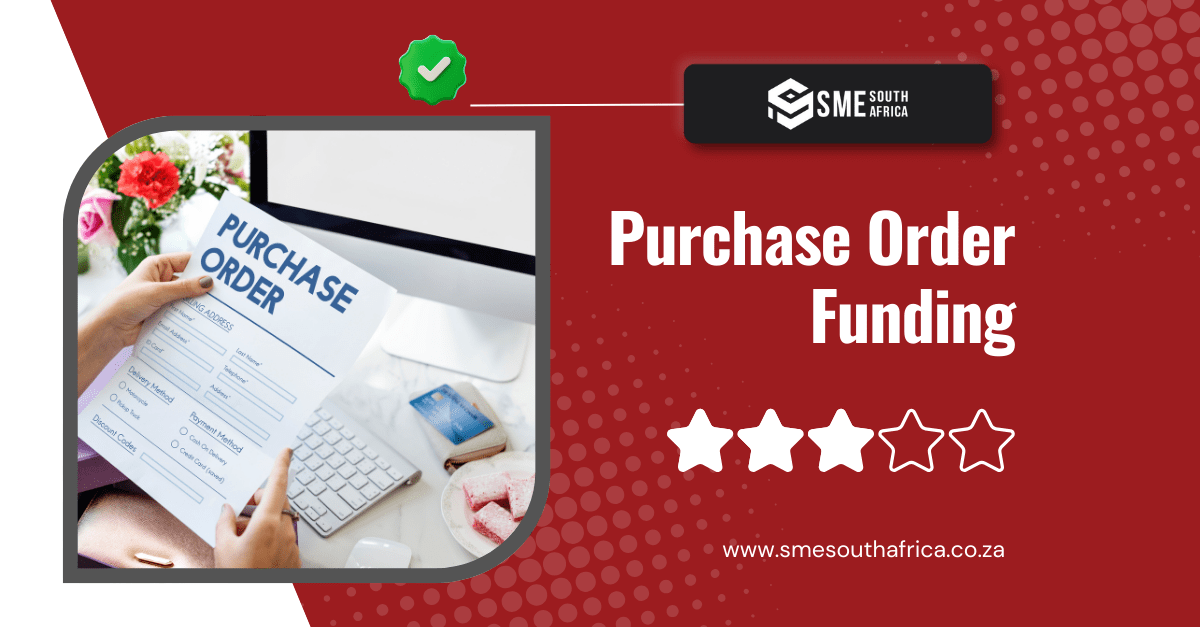
Has your business signed a contract for a large order, such as a government tender, but you don’t have the finances to purchase the supplies or finance the resources to complete the work? To bridge the gap, purchase order funding can help you expand your business beyond its normal operating capacity (or cash flow) so that it can fulfil the sales contract.
To find out if you could be a candidate for purchase order funding, Luyanda Jafta from The People’s Fund, answers the biggest FAQs for this funding type.
What is Purchase Order Funding?
Purchase order funding is another way of saying working capital finance. For example, a small business owner receives an order from a client. The client agrees to only pay the business 30 days after you have invoiced them and you can only invoice them once you have delivered.
This means you need capital to complete the order, either to buy raw materials or to source the goods. We would provide the capital required and then you would pay us back once your client pays you.
Benefits of Accessing Capital via Purchase Order Funding
a. With The People’s Fund we do it under procurement services. What this means is that we buy the goods on your behalf and then take a profit share from your deal. So we are not offering credit, but we are partnering with you. This means that we don’t need to do a general affordability assessment which includes credit checks, financials and statements of assets and liabilities. We only need to assess if your current order has a large enough margin for us to finance it. As entrepreneurs ourselves, we get that the best type of business cost is one where it is directly tied to our profits because business is uncertain.
b. Our entire process is digital so we can approve your application directly on our platform if you provide the relevant documents.
c. Because the first part of the evaluation is mostly digital, it brings down the cost of an evaluation so we can also bring down your cost of capital and this also means we can fund any deal size.
d. All of the capital we use is crowdfunded by ordinary people, so in essence, you’re sharing the profits of your project with people like you and me.
How to Use Working Capital
The old saying goes: revenue is vanity, profit is sanity and cash flow is REALITY. Working capital is the lifeblood of a growing business. Having access to it means you can grow the business much faster. So even if you do have your own money to finance deals, you should still use other people’s money to bankroll your orders so that your own money can be used to grow the company.
A good example would be that if you have an order for R 200 000, it will cost R 100 000 to execute. If you have a R 100 000 and used all of that to finance this one deal, you won’t be able to take on any more business until that deal pays out.
If you use The People’s Fund, for example, we would provide the full capital. you can now use the R 100 000 [we give you] to either hire a short-term sales team to win you more contracts, or pay for marketing to win more contracts. The People’s Fund would at the end of the period [receive] R12 000 and you keep R 88 000 profits without any of your own money being put down. The awesome thing is that the other orders you created with that same R 100 000 can also be financed by The People’s Fund.
Focus Industries
We generally look at all industries as long as the deal can be done and paid back in 60 days. Because of the 60-day timeline, it is often hard to do construction [deals], but we do look at it case by case.
Available Minimum or Maximum Funding Amount
We have no minimum funding amount and the maximum funding is R1 million per deal.
How Big Must the cContract or Tender Be?
We fund contracts and tender of any size as long as the capital required is not more than R 1 million.
Qualifying Criteria?
The business must be 51% black-owned and must be able to demonstrate the ability to deliver. The contract must have at least 20% margin, meaning if you need R 80 000, the purchase order value must be R 100 000 or more.
Documents Required
1. CIPC documents
2. All director IDs and proof of addresses
3. The company’s proof of address
4. A valid purchase order
5. Supplier quotes
6. Proof of previous work (previous PO, with delivery note and invoice to client)
7. 12 month bank statements (if less are available, then proof of previous work needs to be within the period of the bank statements provided for).
8. Tax clearance certificate and BEE Affidavit/ certificate
Once approved for funding, your suppliers are paid immediately after they have provided pro forma invoices.











